121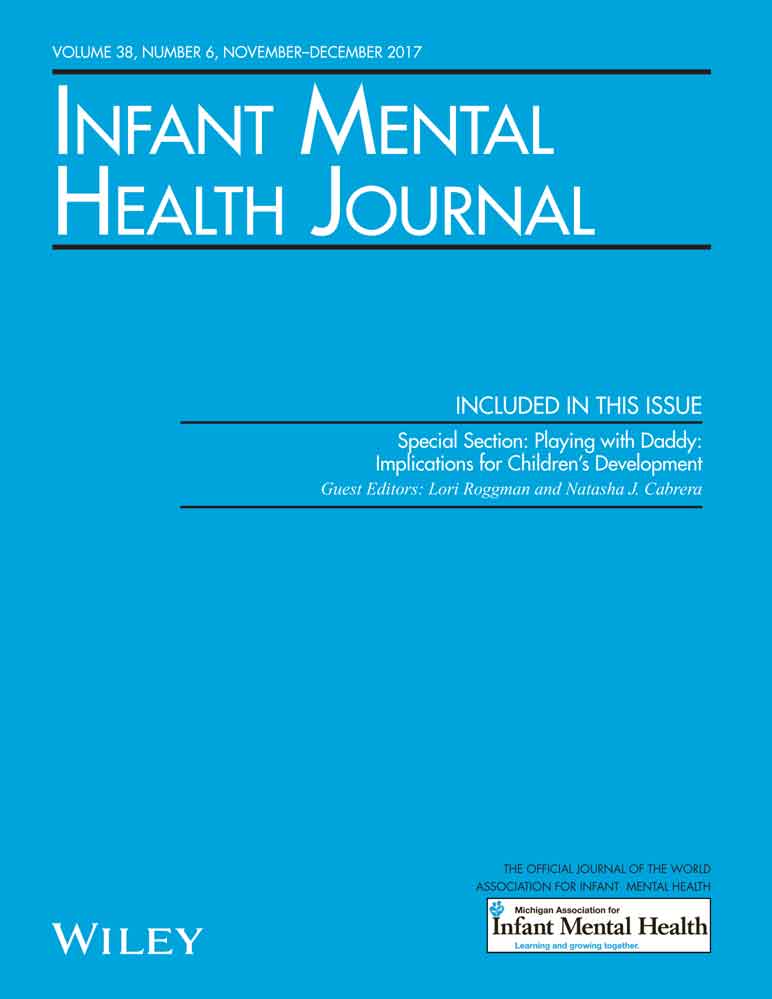
Apr 22, 2022
This study demonstrates that virtually delivered parent support via the Family Connects (FC) programme during the COVID-19 pandemic was taken up by almost as many families (42.9%) as face-to-face home visits prior to the pandemic (51.1%). A hybrid method of offering support to new parents may be worth considering in future.
Rybińska, A., Best, D. L., Goodman, W. B., Bai, Y., & Dodge, K. A. (2022). Transitioning to virtual interaction during the COVID‐19 pandemic: Impact on t...
122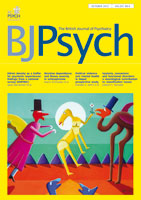
Apr 22, 2022
Although concerns continue regarding the neurobiological implications of stimulant treatment for children with ADHD, this study shows how children who receive earlier stimulant treatment during childhood have lower overall mortality than those who have delated use of this medication.
Chen, V., Chan, H., Wu, S., Lu, M., Dewey, M., Stewart, R., & Lee, C. (2022). Methylphenidate and mortality in children with attention-deficit hyperactivity disorder: Population-based cohort study. The B...
123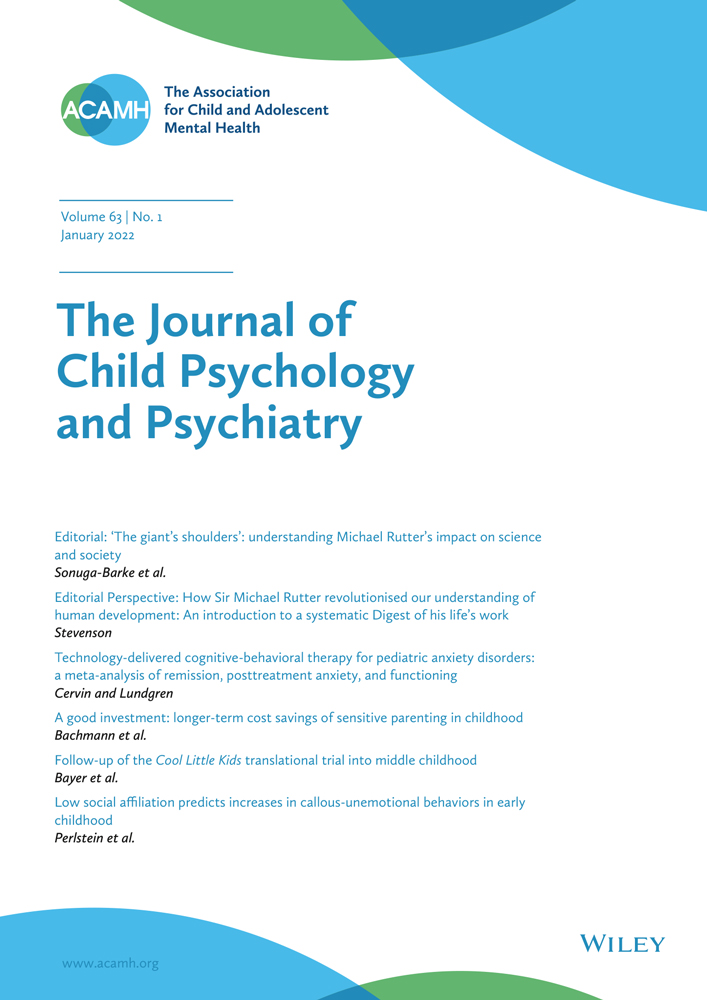
Apr 22, 2022
As the COVID pandemic has limited access to parent management training programmes, research has increased into the delivery of such programmes via telehealth. This study of the Triple P online programme found some benefits in child behaviour, but not as much improvement in the quality of the parent-child relationship or family quality of life.
Prinz, R. J., Metzler, C. W., Sanders, M. R., Rusby, J. C., & Cai, C. (2022). Online‐delivered parenting intervention for young childr...
124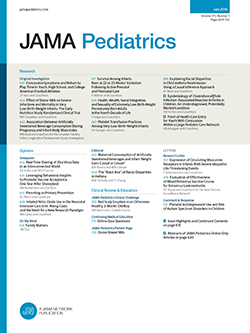
Apr 22, 2022
This systematic review found that Cognitive Behaviour Therapy (CBT) and hypnotherapy were most effective for treating childhood functional abdominal pain.
Gordon M, Sinopoulou V, Tabbers M, et al. Psychosocial Interventions for the Treatment of Functional Abdominal Pain Disorders in Children: A Systematic Review and Meta-analysis. JAMA Pediatr. Published online April 11, 2022. doi:10.1001/jamapediatrics.2022.0313
https://jamanetwork.com/journals/jamapediatrics/fullarticle/27...
125
Apr 22, 2022
This study demonstrates how openly offering a placebo medication helps children and young people can be helpful for reducing functional abdominal pain and symptoms of irritable bowel syndrome.
Nurko S, Saps M, Kossowsky J, et al. Effect of Open-label Placebo on Children and Adolescents With Functional Abdominal Pain or Irritable Bowel Syndrome: A Randomized Clinical Trial. JAMA Pediatr.2022;176(4):349–356. doi:10.1001/jamapediatrics.2021.5750
https://jamanetwork.com/journals/ja...
126
Apr 22, 2022
Despite the interest in non-medication therapies, including e-therapies, for addressing ADHD, this paper shows that neurofeedback was inferior to methylphenidate in reducing ADHD symptoms.
Purper‐Ouakil, D., Blasco‐Fontecilla, H., Ros, T., Acquaviva, E., Banaschewski, T., Baumeister, S., ... & Brandeis, D. (2022). Personalized at‐home neurofeedback compared to long‐acting methylphenidate in children with ADHD: NEWROFEED, a European randomized noninferiority trial. Journal of ...
127
Apr 22, 2022
As rates of self-harm and suicide increase among young people, this systematic review provides evidence of the benefits of school-based suicide prevention in reducing suicidal ideation and suicide attempts.
Walsh, E. H., McMahon, J., & Herring, M. P. (2022). Research Review: The effect of school‐based suicide prevention on suicidal ideation and suicide attempts and the role of intervention and contextual factors among adolescents: a meta‐analysis and meta‐regression. Journal of...
128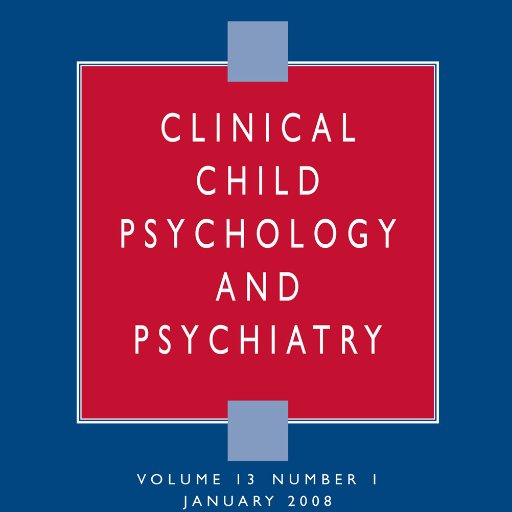
Apr 22, 2022
This review of six studies found that rates of Obsessive Compulsive Disorder (OCD) had increased during the COVID-19 pandemic and that being in treatment was protective for young people.
Cunning C, Hodes M. The COVID-19 pandemic and obsessive–compulsive disorder in young people: Systematic review. Clinical Child Psychology and Psychiatry. 2022;27(1):18-34. doi:10.1177/13591045211028169
https://journals.sagepub.com/doi/full/10.1177/13591045211028169
129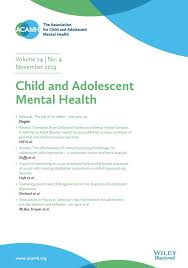
Apr 22, 2022
While Cognitive Behaviour Therapy (CBT) is known to lead to remission of anxiety in 59% of young people, there is little data about its longer-term impact. This study found an relapse rate of 8% across multiple studies, slightly greater (10%) for those with autism.
Levy, H. C., Stevens, K. T., & Tolin, D. F. (2022). Research Review: A meta‐analysis of relapse rates in cognitive behavioral therapy for anxiety and related disorders in youth. Journal of Child Psychology and Psychiatry...
130
Apr 22, 2022
Since the onset of the COVID-19 pandemic, interest has increased in the viability of online therapies. This case study provides early evidence for the efficacy of conducting Family Based Treatment (FBT) for anorexia nervosa via videoconferencing.
Couturier J, Webb C, Carson N, et al. Applying online parental guided self-help family-based treatment for adolescent anorexia nervosa: A comparison to family-based treatment delivered by videoconferencing. Clinical Child Psychology and Ps...







